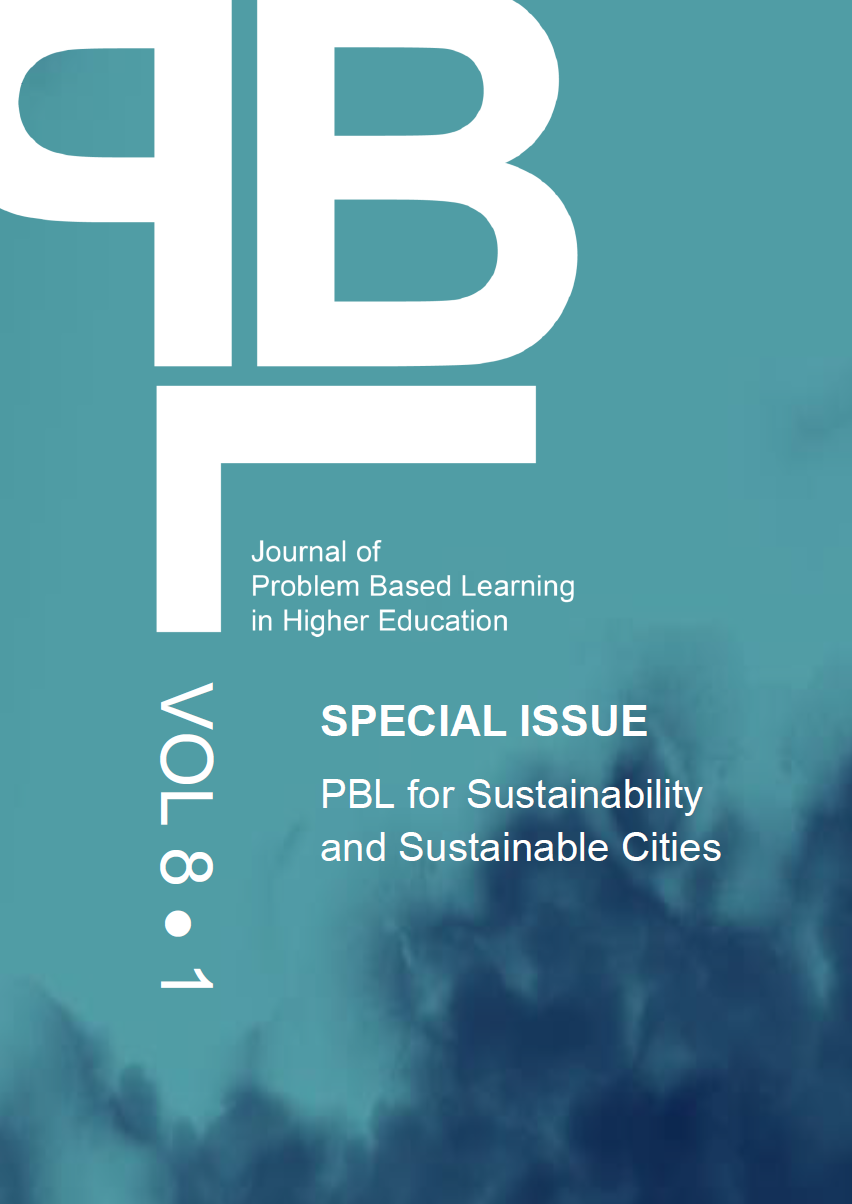Abstract
The learning process in architecture at Universidad Simon Bolivar is based on confronting students with practical or theoretical situations to let them acquire knowledge about the discipline. The core of this process is on design studio courses, and from the early stages of the program they have to discover for themselves the role of architecture in the creation of spaces. Alongside this design methodology, students are exposed to theoretical, historical, and technical knowledge that aims to complement their skills for their professional future. This paper evaluates the general efficiency of the learning process based on solving problems. The first part describes the application of a problem-based situation in a sustainable urban environment for the Architectural professional. The second part explores similarities and differences among Design Studio Learning(DSL), as it is generally applied, and Problem-Based Learning (PBL). Data about methodology, level of student participation, and results were compared using the syllabus. The comparison between title, competences and objectives shows that these aspects should be addressed differently if using PBL.
Articles published in Journal of Problem Based Learning in Higher Education are following the license Creative Commons Attribution 4.0 (CC-BY)
Authors retain copyright and grant the journal right of first publication with the work simultaneously licensed under a Creative Commons Attribution 4.0 International License (CC-BY). Further information about Creative Commons
